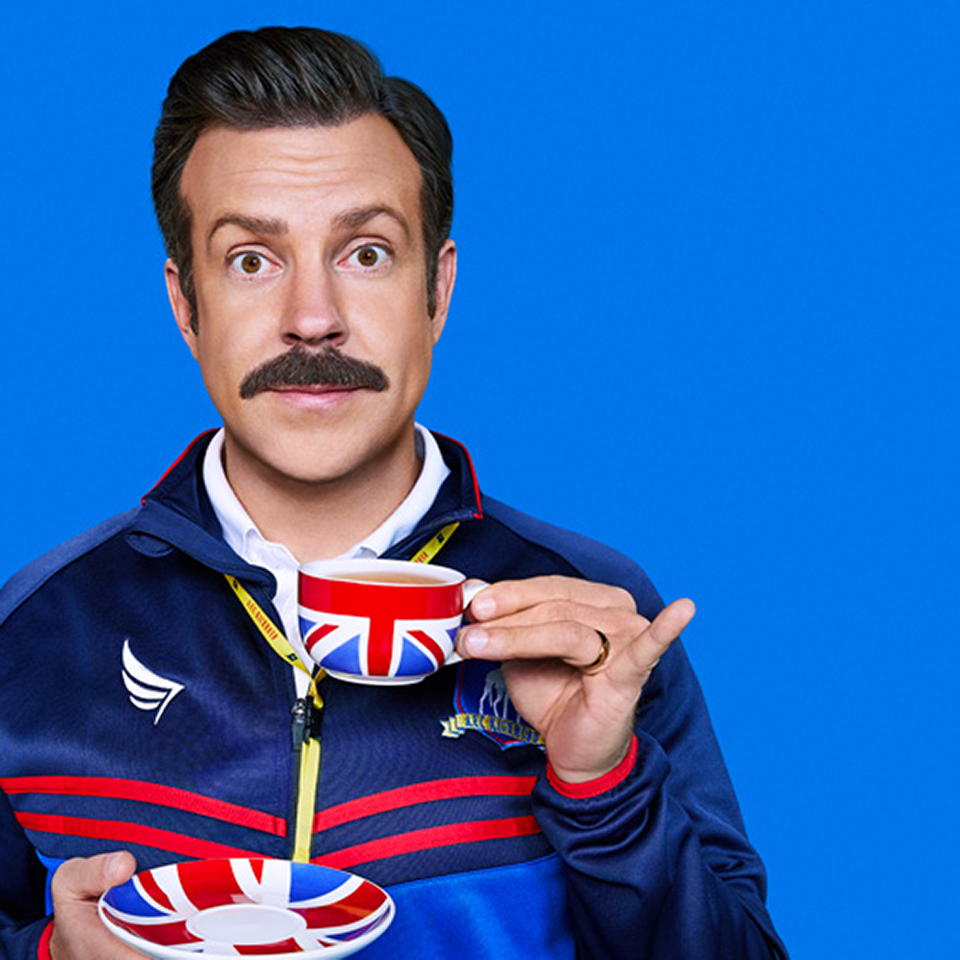Peace, or the Machinery of Suffering: Peacemaker Season 2 as American Myth
- professormattw
- Nov 10, 2025
- 4 min read

There are moments when pop culture, like a drunken prophet, stumbles into philosophy. Peacemaker Season 2 is one such moment — a garish, blood-streaked epiphany disguised as a comic-book farce. Behind its cacophony of jokes, nudity, and brutality lies something altogether stranger: an inquiry into what Camus might have called the absurd machinery of peace, that grinding mechanism by which men justify cruelty through the rhetoric of order.
Christopher Smith, “the Peacemaker,” is not merely a hero. He is a casualty of metaphysics. Born in the blast radius of ideology — a white-supremacist father, a brother’s death that doubles as a moral initiation — he has internalized guilt as destiny. His trauma, like Nietzsche’s eternal recurrence, repeats itself in every act of violence he commits for “peace.” To purge the world of conflict, he becomes conflict incarnate. He does not live with contradiction; he is contradiction.
The Absurd Man in a Mask
Camus would have recognized Smith: the man who kills for meaning in a meaningless universe. Except here, meaning is replaced by policy, and absurdity wears a flag. Peacemaker’s motto — peace at any cost — is an ontological parody, a Möbius strip of moral logic. Every murder performed in the name of peace confirms the impossibility of peace itself. Yet to cease would be to collapse — for, as Camus tells us, revolt is the only way to live within the absurd. The tragedy is that Smith revolts in the wrong direction. His rebellion is obedient. His freedom, a state-issued hallucination.
The Other Peacemaker
In the show’s alternate universe, we encounter the untraumatized Peacemaker — the man who was spared suffering. He is arrogant, unreflective, self-satisfied: the Übermensch misread by motivational posters. Nietzsche warned us about this counterfeit — the man of “last things,” content in his comfort, incapable of transformation. Without pain, there is no becoming. The absence of trauma does not produce peace; it produces banality.
Derrida would say that trauma is the trace — that which both scars and signifies. To erase it is to erase the text of the self. Peacemaker’s alternate self has no trace, no wound to interpret — and so he signifies nothing. The original Peacemaker, haunted and hysterical, is at least legible. His suffering gives him syntax.

The Father and the Regime
The ghost of the White Dragon — Smith’s father — looms as an allegory of America’s hidden theology: the myth of purity. His ideology, at once racial and metaphysical, binds virtue to domination. In one world, he is the architect of white terror; in another, he lives to see his ideology mechanized into totalitarian perfection. In that mirror-world where Nazism triumphed, he becomes — impossibly — human. Faced with the total realization of his creed, he revolts.
Here we glimpse Foucault’s insight: power produces its own resistance. The father’s rebellion is not moral but structural — the system, when perfected, reveals its own decay. Every totality carries within it the virus of its undoing. The father resists because total power makes even the tyrant obsolete.
Vigilante: The Psychopath as Philosopher
Vigilante — that smiling sociopath — becomes the series’ most Foucauldian figure. He exposes how discipline and madness are mirror twins. His amorality is clarity; his violence, epistemology. He is unshackled from the moral technologies that bind the others. If Peacemaker embodies the “docile body” — power internalized, conscience mechanized — Vigilante is the escaped inmate who still carries the asylum’s laughter.
He realizes, before any of them, that peace is not liberation but control — that the demand for peace is always a demand for obedience. His anarchic joy is a revolt against the carceral metaphysics of the show itself. Peace isn’t the solution; revolution is. The phrase could have been lifted from a half-burned pamphlet in 1968 Paris.
The Eagle and the Empire
And then there is Eagly — the eagle who hugs, the fool who flies. A symbol so absurd it becomes pure again. Derrida might have called him a supplement: at once outside and essential. The creature that reveals, through its innocence, the hypocrisy of human order. Eagly represents what remains uncolonized by ideology — the creaturely joy that precedes doctrine. His flight mocks the institutions that claim his image as emblem.
Through him, Peacemaker asks the forbidden question: what if the American eagle were not the sign of dominion, but the last innocent thing still capable of love?
Peace as Pathology
By its conclusion, the show has transmuted pulp into parable. Beneath the gore, it dissects a civilization addicted to virtue as spectacle. The trauma that defines Peacemaker is also America’s trauma — the guilt of purity, the ache of purpose. We build empires to escape our own reflections, then call the mirror an enemy.
Foucault warned that power’s most dangerous form is not the whip, but the whisper that tells you the whip is moral. In this sense, Peacemaker is less a superhero show than a confessional — the absurd theater of a man learning that his goodness was engineered.

Toward a Genealogy of Peace
If Nietzsche gave us the genealogy of morality, Peacemaker gives us the genealogy of peace. What we call peace, it suggests, is not harmony but hierarchy — not the absence of violence, but its bureaucratic refinement. The true revolution, then, is not to destroy the world but to misread it — to read peace as war, order as fear, trauma as instruction.
And perhaps this is where Peacemaker becomes beautiful: in its obscene sincerity, its stupid wisdom, its willingness to let the eagle hug the monster. In the end, Smith does not transcend his pain; he recognizes it as the only thing that ever made him real.
So yes — it’s funny. It’s filthy. But beneath the comedy, a question beats like a wound:
What if peace was never the goal — only the justification?



Comments